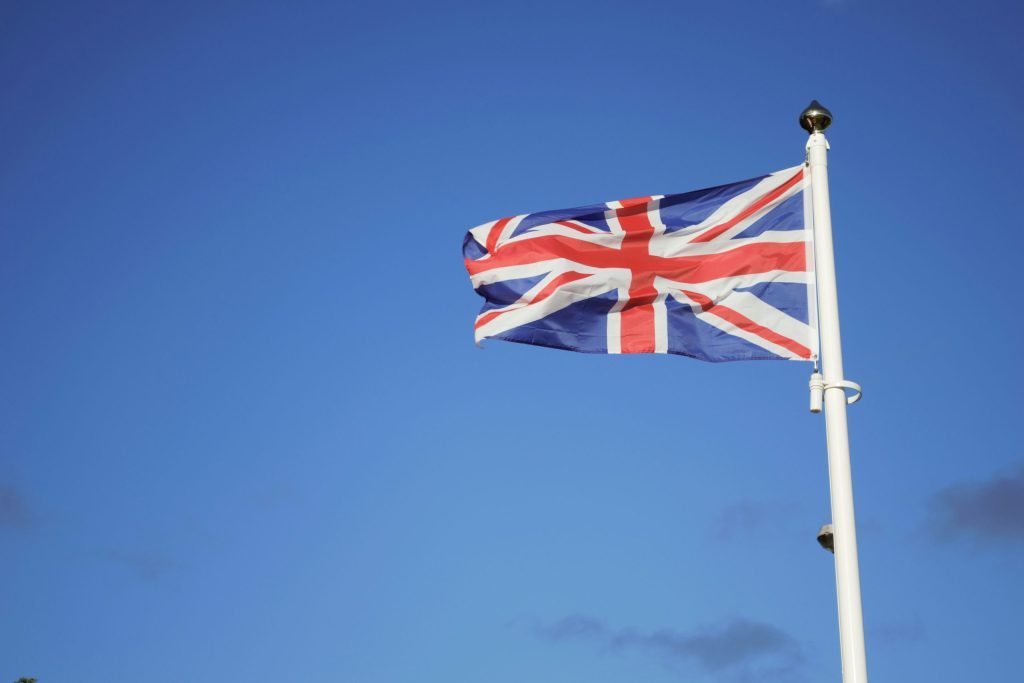The implementation of post-Brexit border controls has introduced substantial financial implications for the U.K., with the National Audit Office projecting expenses to exceed $5 billion.
Border Management Expenditure Rises
The U.K. government’s recent audit reveals that the establishment of post-Brexit border controls to regulate imports from the European Union is anticipated to cost the nation upwards of £4.7 billion ($5.9 billion). This figure encompasses expenses associated with 13 distinct border-related initiatives, which include the enforcement of physical inspections on plant and animal imports, as well as the processing of safety and security declarations.
Implementation Delays and Business Impact
The initiation of health certifications for EU-sourced meat, dairy, and plant products marked the commencement of the border control measures on January 31, 2024, with physical inspections following on April 30. However, the British government has postponed the introduction of these border controls five times since the end of the Brexit transition period, leading to complications for businesses adapting to the new regulations. The National Audit Office attributes part of the substantial cost estimate to these deferrals and the resultant over-expenditure on now redundant infrastructure and staffing.
The U.K.’s ambition to create the “world’s most effective border” by 2025 has been met with skepticism by the NAO, citing a lack of definitive timelines and detailed plans for inter-agency cooperation.








